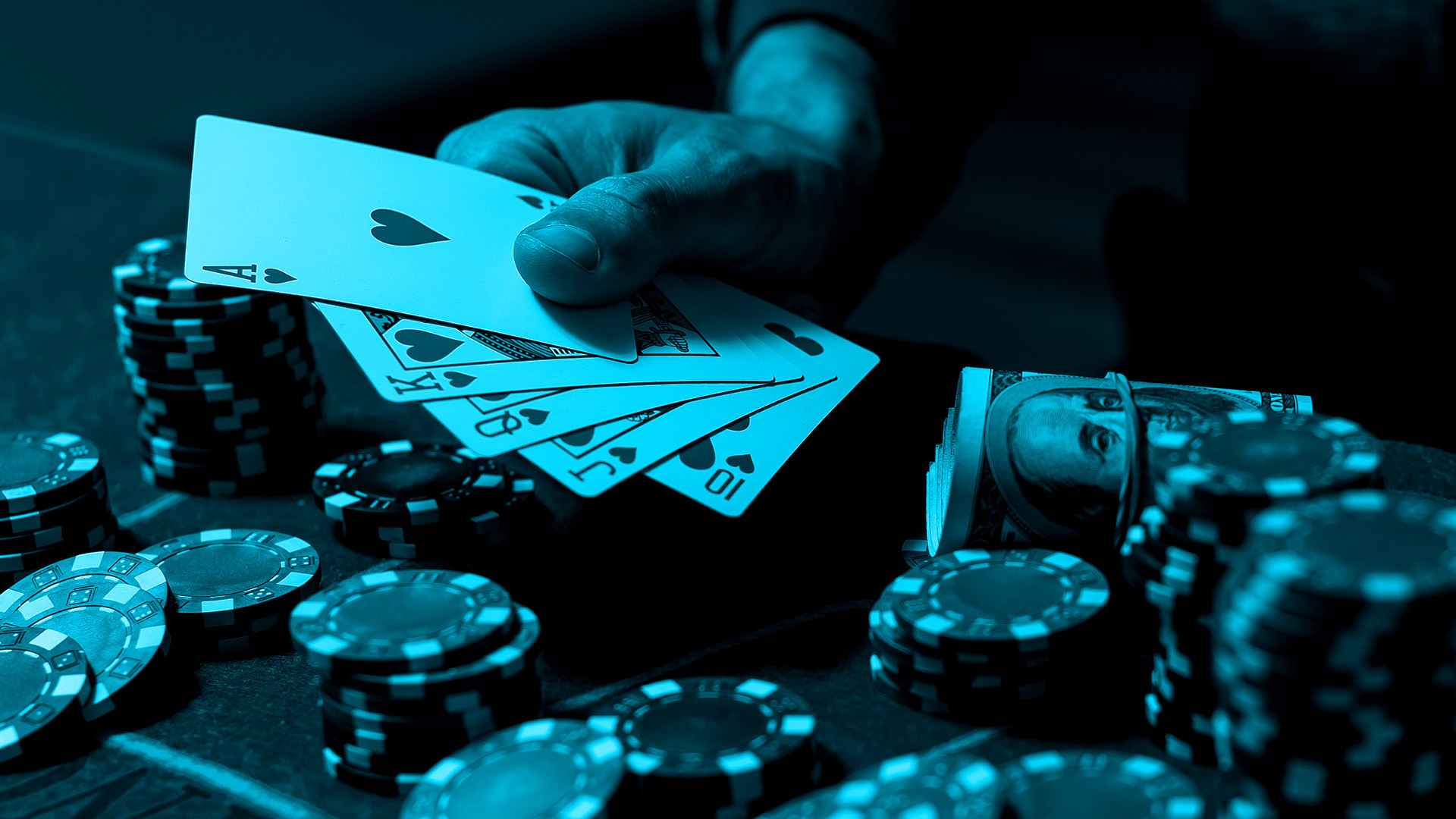
How to Play a 15 Hand in Blackjack
Holding a card value of 15 in blackjack can be a tricky hand to play. However, with the right choices, you can make the smarter play. A 15-hand is a little too low to stand confidently, but at the same time, if you choose to hit, it’s high enough for you to potentially bust. Certain factors will factor into your decision of how to play a 15, such as the rules of your chosen blackjack variant, whether you have a soft 15 or a hard 15, and most importantly, the value of the dealer’s upturned card.
In blackjack, the ace can count as either 1 or 11 points. A hard 15 is where there are no aces in hand, such as 5-10, or where the ace can only count as 1 – for example, 10-4-A – meaning that there’s no flexibility and a ‘hit’ could cause you to bust. On the flip side, a soft 15 is where the hand includes an ace that can be counted as 11 or 1, such as A-4. Performing a blackjack hit on 15 with a soft hand is less risky than with a hard 15, as the ace is fluid and can change from a value of 11 to 1.
The different variations of a 15 hand you could receive
Below are the different variations of a 15 hand in blackjack that you could receive in your initial two cards being dealt:
- 6-9 (hard 15)
- 7-8 (hard 15)
- 5-10 (hard 15)
- Ace-4 (soft 15)
How to play a 15 hand for each scenario
We will now look at a variety of 15 hand scenarios and determine whether a hit or stand is the better option when faced with the respective dealer’s upturned card value.
15 hand vs dealer’s 2
For a 15 hand vs dealer’s 2: Stand
When holding a hard 15 and faced with a dealer’s upturned 2, the best strategy is to stand. The dealer’s card is weak and increases their risk of bust. Waiting to see if they do is the wiser move as they will need to hit more than once.
However, if you’re holding a soft 15 (A-4), you can afford to be more aggressive with your play as the ace can switch values to become 1 rather than 11. In this instance, a hit is the preferred play.
15 hand vs dealer’s 3
For a 15 hand vs dealer’s 3: Stand
The general rule of thumb for playing a hard 15 against a dealer’s upturned card valued at 2 through to 6 is to stand for the reasons we explained above. These are weak cards for the dealer and increase their chances of bust. It’s wise to force the bust by standing still.
However, with a soft 15 vs 3 for the dealer’s face-up card, it’s fine to be more aggressive and hit, as your ace can switch from 11 points to 1 if needs be.
15 hand vs dealer’s 7
For a 15-hand vs dealer’s 7: Hit
When facing a dealer’s upturned 7, the best course of action with a hard 15 hand is to hit. The dealer has a strong chance of hitting 17 or above, which leaves you at a distinct disadvantage. So, even though there’s an increased chance of bust, the wise decision in this scenario is to hit.
With a soft 15, it’s advised to hit against a dealer’s upturned 7 as your ace can switch values from 11 to 1.
15 hand vs dealer’s 9
For a 15-hand vs dealer’s 9: Hit
With a hard 15 hand facing a dealer’s upturned 9, the wisest decision is to hit. The dealer has a chance of hitting closer to 21 from their second card, which would leave you at a disadvantage. Therefore, it’s worth taking the risk and hitting even though you may bust.
Should you hold a soft 15 hand, you can afford to play more aggressively and hit, hopefully getting you closer to 21 than the dealer.
15 hand vs dealer’s 10
For a 15 hand vs dealer’s 10: Hit
With a hard 15 vs 10, the best plan would be to hit on the chance that you get a lower card – 2 through to 6. If the dealer’s second card is a 7 through to ace, you’re out of the game anyway, so the chance is the more worthwhile choice.
If you’re holding a soft 15 vs 10 blackjack dealer hand, the best chance you have is to hit and hope that you get closer to 21 with the advantage of your ace switching values from 11 to 1 if necessary.
Double down or surrender
If doubling down is an option, then we would advise you to do so with a soft 15 hand when facing a dealer’s upturned card of 4, 5 or 6. If there’s no double down option or your hand consists of a soft 15 from three or more cards, then hit against all dealer upturned cards.
If surrender is an option, we would advise you to do so with a hard 15 hand when faced with a dealer’s upturned card of 10 or ace. The odds are against you, and surrendering helps protect you against further losses.